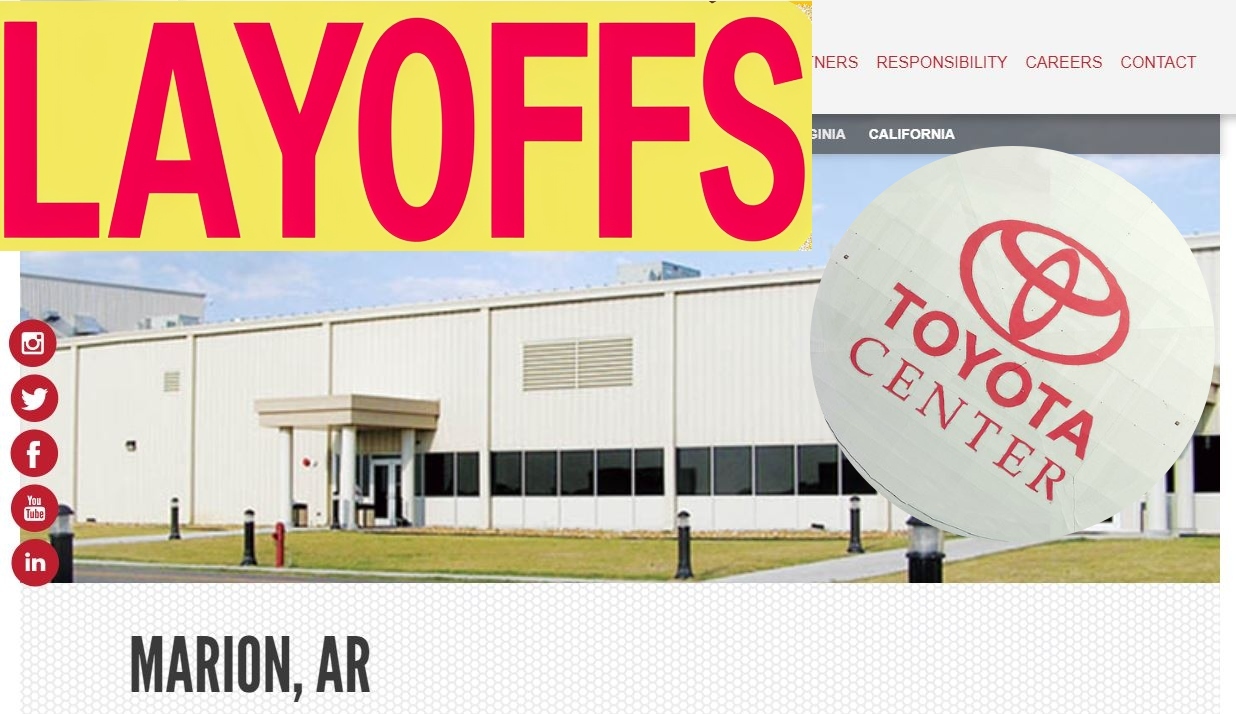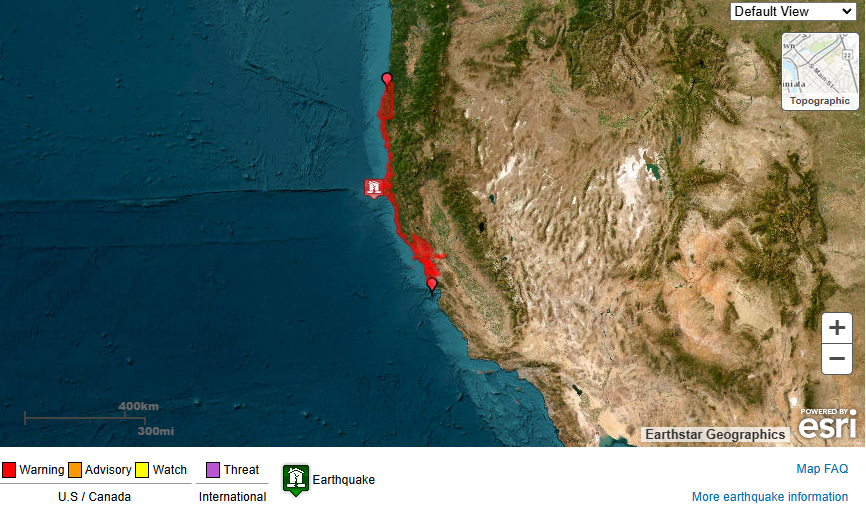Hino Motors Manufacturing U.S.A., a subsidiary of Toyota, has announced plans to shut down its largest auto parts plant in the U.S. due to concerns about achieving “sustainable profitability.”
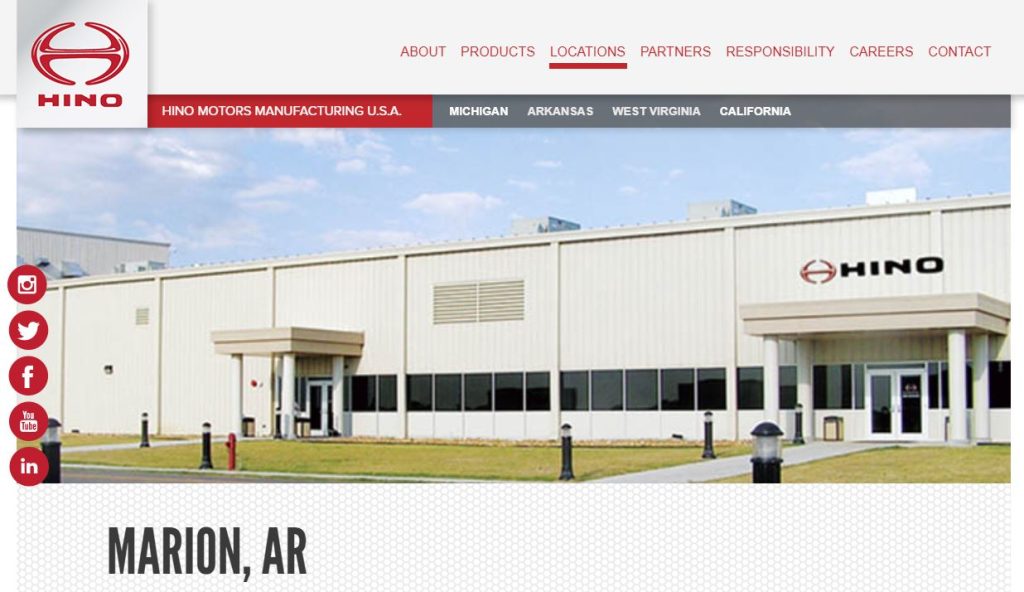
The facility, located in Marion, Arkansas, opened in 2006 and produces truck frames and axles for Hino and Toyota vehicles. This plant accounts for about 70% of Hino’s workforce in the U.S.
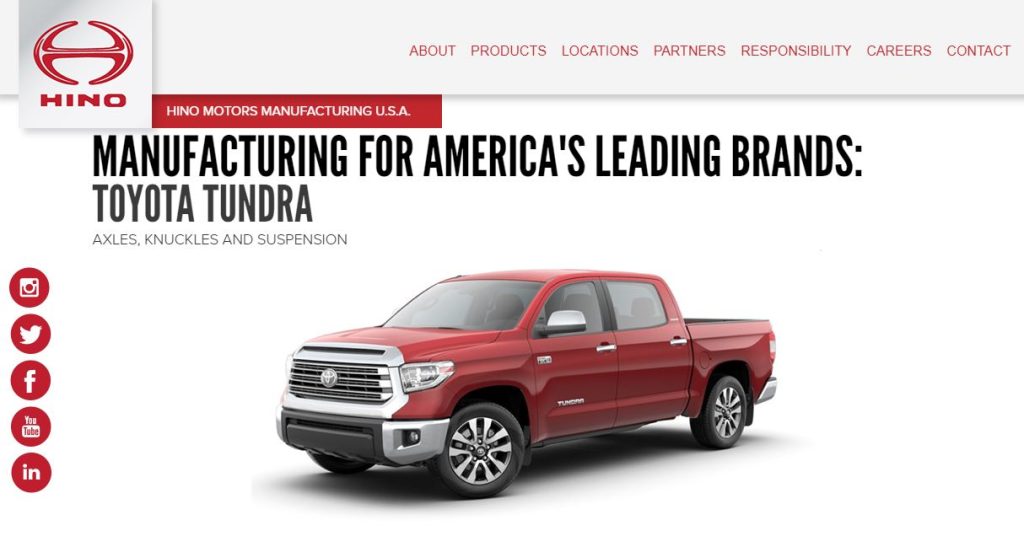
The decision to close the plant was made at a board of directors meeting on May 31, and the news was posted on Hino’s website. The plant, which employs around 1,300 workers, is scheduled to cease operations by the end of 2027. Hino cited an operating loss of $189 million in the most recent fiscal year as a significant factor in the decision, stating that it would be challenging to achieve sustainable profitability at the site.
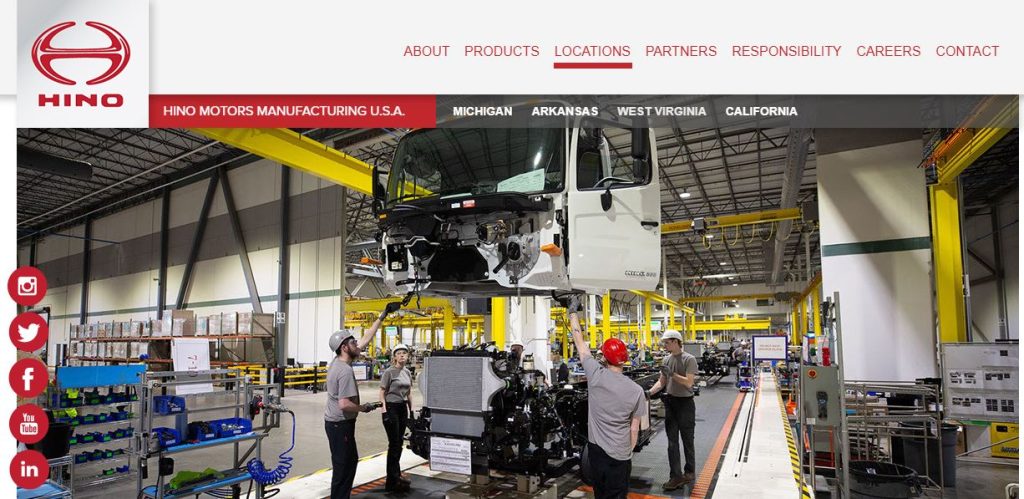
Hino plans to redirect its focus towards its truck operations in the U.S. and has emphasized its commitment to treating its Arkansas employees with “consideration and sincerity.” In addition to the Marion plant, Hino operates a truck plant in West Virginia and maintains an administrative headquarters in Detroit.
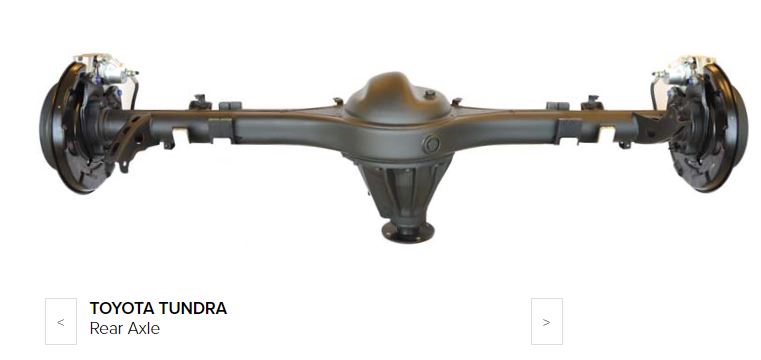
Local and state officials have pledged to support the affected employees in Marion. The closure marks a significant shift for Hino, which will be exiting the auto parts business to concentrate on its commercial truck operations in the United States. This strategic move comes after substantial financial losses and a reassessment of the company’s business model.
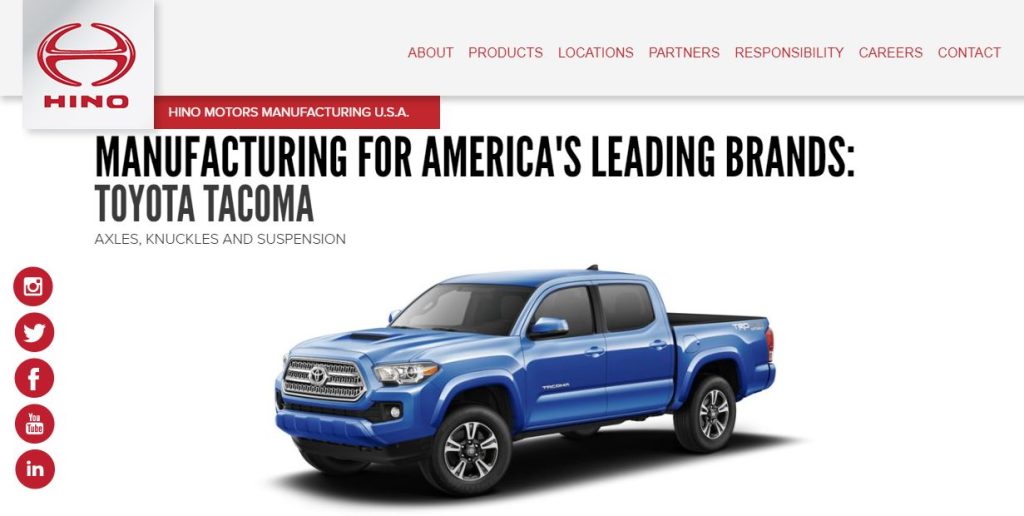
In a press release, Hino Motors Manufacturing President Davey Jung expressed gratitude for the contributions of the Arkansas team and the support from the city of Marion and the state of Arkansas. He acknowledged the difficult decision but emphasized that it would allow the company to focus on its truck operations in the U.S.
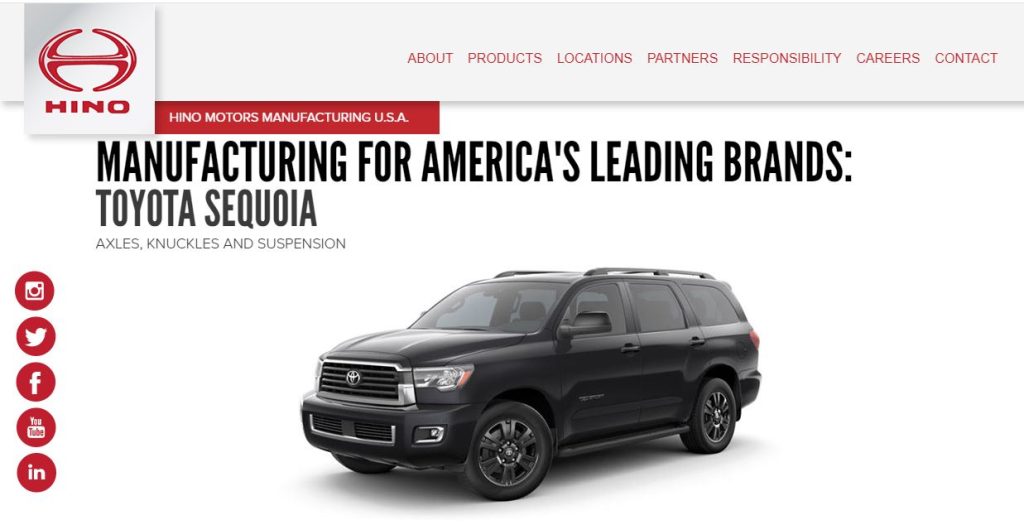
The city of Marion responded with a statement on Facebook, expressing deep appreciation for Hino Motors’ 20 years of service and their role in the local economy. The city recognized the positive impact of Hino’s presence and contributions to the community’s growth and development over the past two decades.
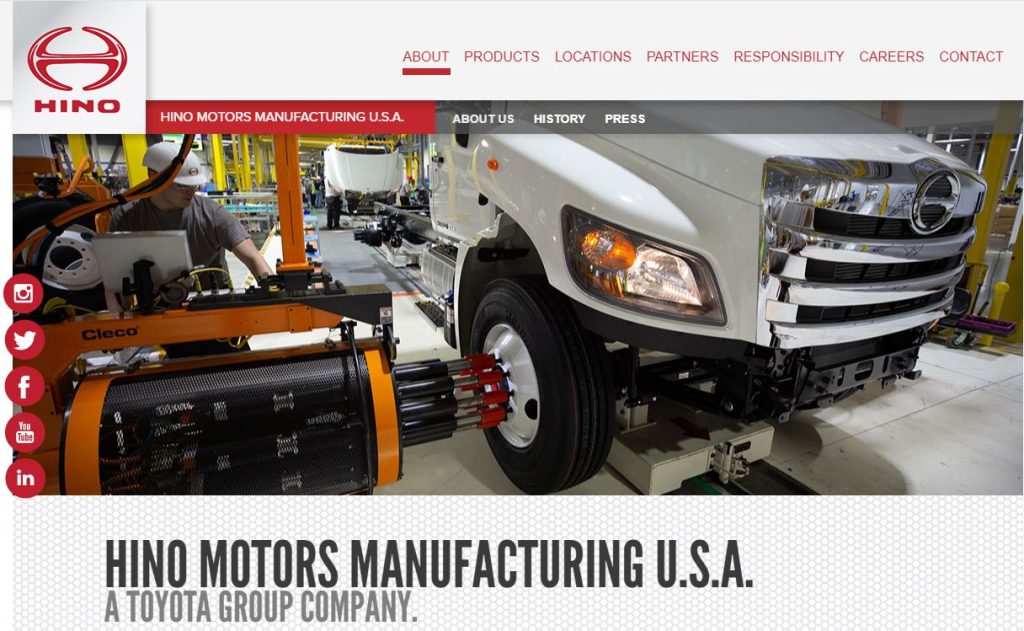
As the plant prepares to close, Hino has committed to providing severance pay, extended healthcare, an end-of-service bonus, and outplacement services to the displaced employees. This support aims to mitigate the impact of the job losses and help employees transition to new opportunities.
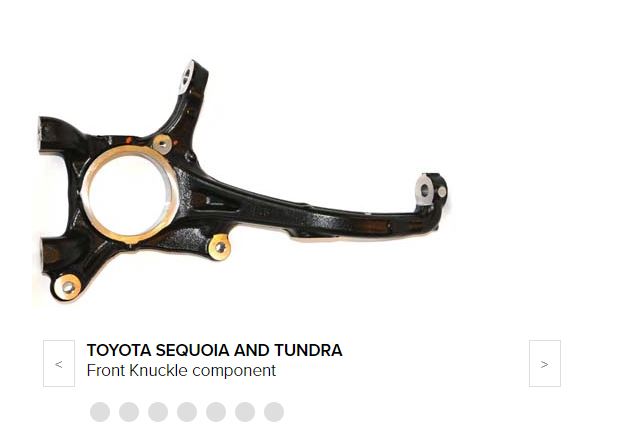
The announcement has undoubtedly created uncertainty for the Marion workforce, but Hino’s efforts to provide support reflect a commitment to its employees during this transition. The closure will be a significant change for the community and the company, marking the end of an era for Hino’s parts manufacturing operations in the U.S.
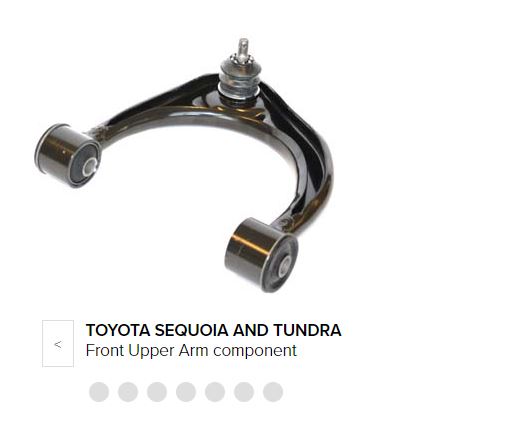
Despite the challenges ahead, Hino’s strategic shift to focus on its truck operations is seen as a necessary step to ensure the company’s long-term profitability and success in the competitive automotive industry.

